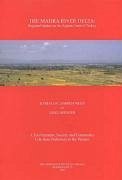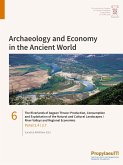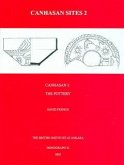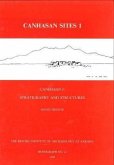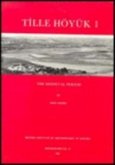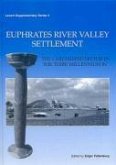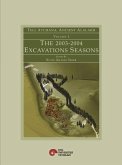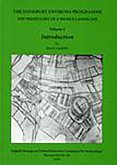Occupying a pivotal location on the western coast of Turkey, the Madra River Delta has always been a meeting place for the cultures of Anatolia and the Aegean, but active geomorphological processes in the area have hampered fieldwork, making it a significant challenge to reconstruct the history of the landscape and its exploitation by humans. Modern political geography has been another obstacle, encouraging the study of the area in isolation from the neighbouring islands of the northeastern Aegean, although from prehistory until the twentieth century they all belonged to one cultural area. The Madra River Delta Project called on distinguished international teams using innovative interdisciplinary approaches to meet these challenges, and the results presented here shed important new light on environmental changes in this part of the Anatolian coastal region, on their long-term impact on the inhabitants of the Delta, and on the cultural ties between the Delta and the island of Lesbos from the prehistoric to the Roman period. Two closing chapters focus on the area's medieval ceramics and its history in later Ottoman times. This volume places the story of the communities of this important coastal region in their environmental and cultural context.

